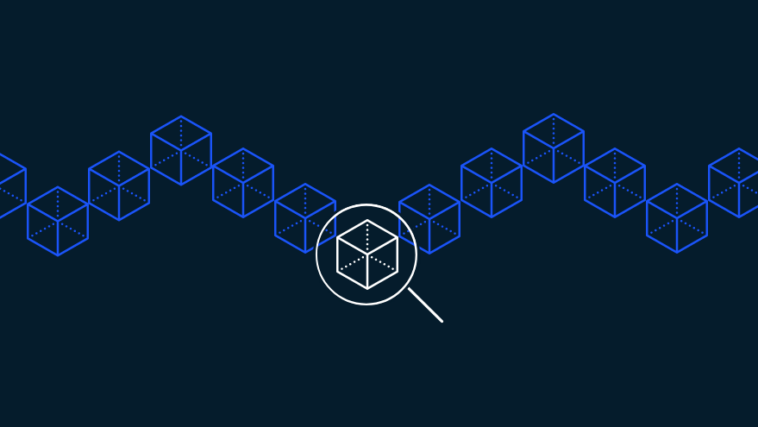Blockchain explorer is a tool that allows you to view the blockchain blocks and data related to them. It can be a little confusing at first because it displays a lot of information on a single page.
You can view data about all blockchain blocks, or you can select a specific block to look at.
Explore the transaction history of any wallet address
Blockchain explorer Tool allows you to view the transaction history of any wallet address. It provides the full transaction history and balance of any address.
The tool also displays mempool status, and the backlog of transactions that are pending validation. It can also show double-spend and large transactions.
To use blockchain explorer, you must have a digital wallet that allows you to access the blockchain.
You will need to enter the digital wallet address and click on a specific transaction.
From there, you will be able to see the details of the recent transactions of that wallet. You can even check the transaction history of any cryptocurrency, such as Bitcoin.
Each Bitcoin transaction is associated with a transaction ID (TXID), which is like a personal identification number.
Track unconfirmed transactions
Blockchain explorers let you view and study unconfirmed transactions on the Bitcoin blockchain.
And can show you the unconfirmed transactions in the form of a live feed of blocks and transactions.
Blockchain explorers also provide information about the transaction fees and difficulty of the blockchain.
This helps you find instances of double-spending. They also show the difficulty and stale blocks on the blockchain.
A blockchain explorer also allows you to search for specific transactions.
For example, you can search for transactions made by a specific user and see the transaction’s details. You can also see who mined a certain block, and how much the transaction fee was.
Track stale blocks
The blockchain explorer allows you to find and analyze blocks and transactions on a blockchain.
It also allows you to view a live feed of blocks being mined. You can also audit wallet addresses with this tool, which greatly improves the transparency of a blockchain.
Another great feature of a blockchain explorer is the ability to view change addresses, which are outputs of the transaction and are not attached to the main blockchain.
A blockchain explorer can also explain to you the issues with a transaction. It helps you understand the different stages of confirmation and how much gas you’ll be spending on the transaction.
Moreover, it helps you determine whether or not you should invest in mining resources. It can also help you program your wallet.
Track double-spend transactions
Blockchain explorers let you track and analyze the activity on the blockchain. They let you examine pending transactions, check balances, and explore the history of wallet addresses.
A blockchain explorer can also help you determine instances of double-spend transactions. It can also give you information on transaction fees and difficulty.
Blockchain explorers are web-based applications that allow you to view the information on individual blocks.
They also give you an overview of confirmed blocks and their respective balances. A user can also view the number of transactions in the mempool, which is the backlog of transactions awaiting validation.
Find the first block on a blockchain
Blockchain Explorer displays all of the information associated with blocks, addresses, and transactions on a Blockchain.
It includes useful information like transaction growth indexes and network hash rates. Many people don’t realize how valuable this tool can be. Let’s take a closer look at what it can do.
Blockchain explorers can be a bit tricky at first. They display a huge amount of data, and the untrained eye may not be able to make sense of it all.
But the good news is that you can use them to find out the first block on a blockchain, and even check out the transaction history of any public cryptocurrency address.



